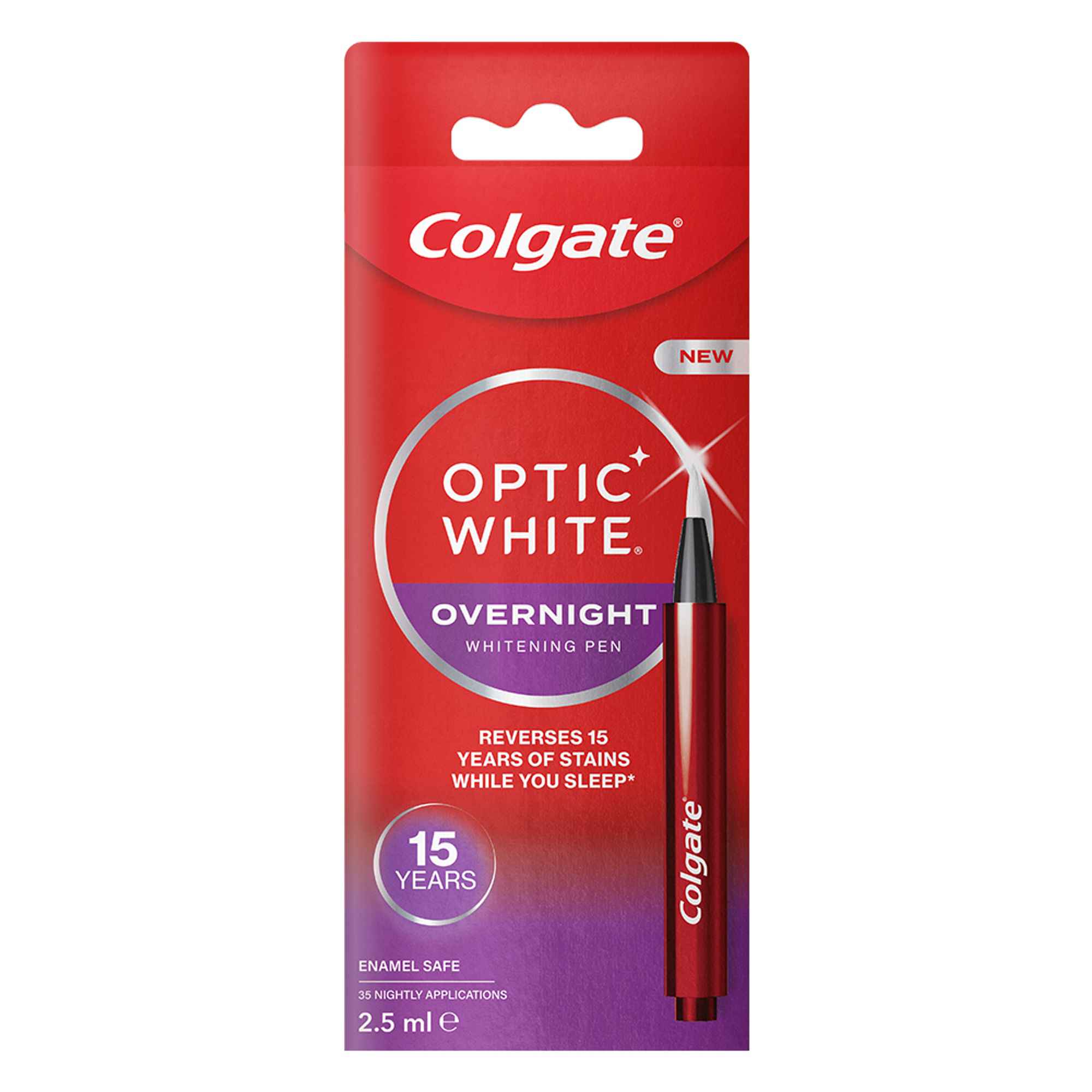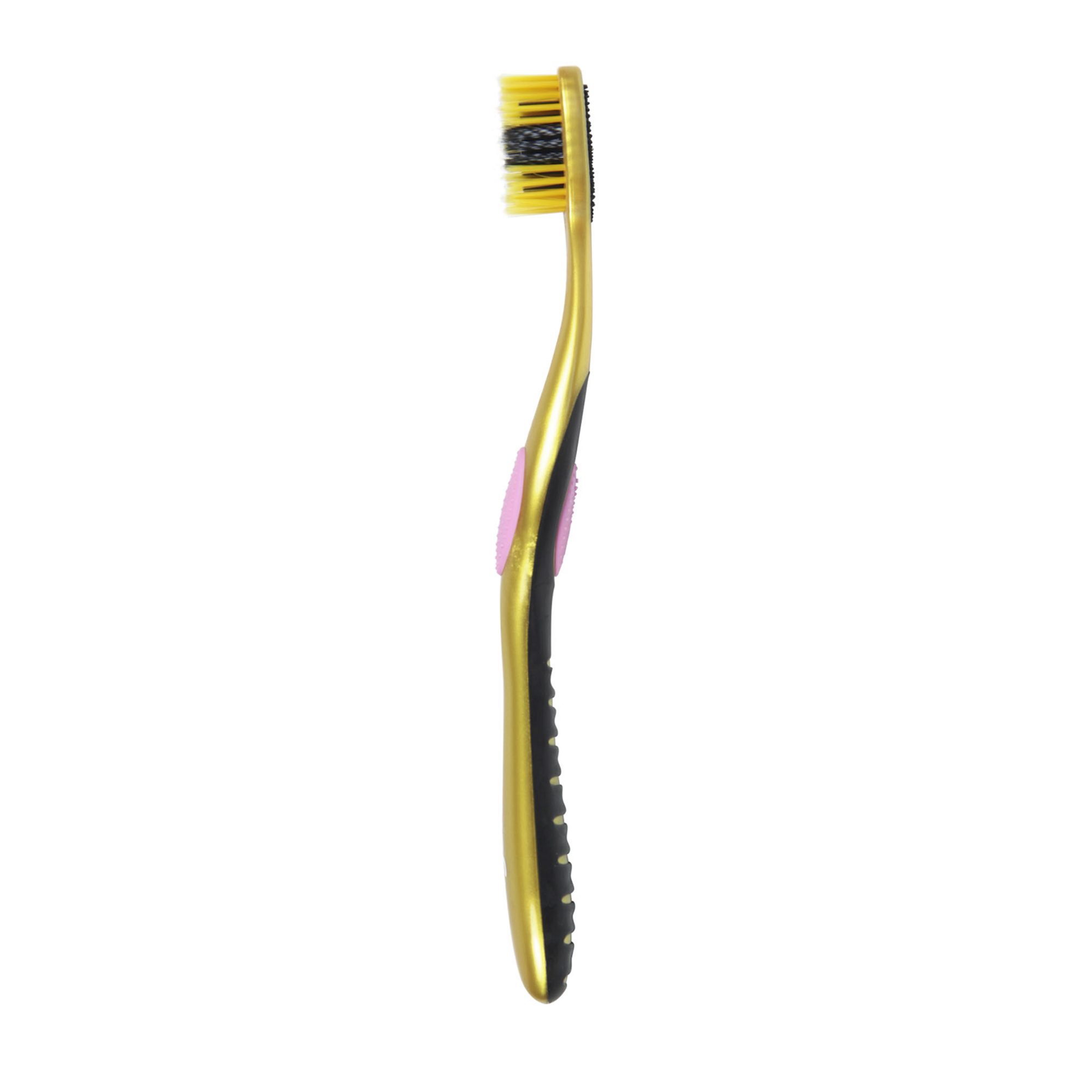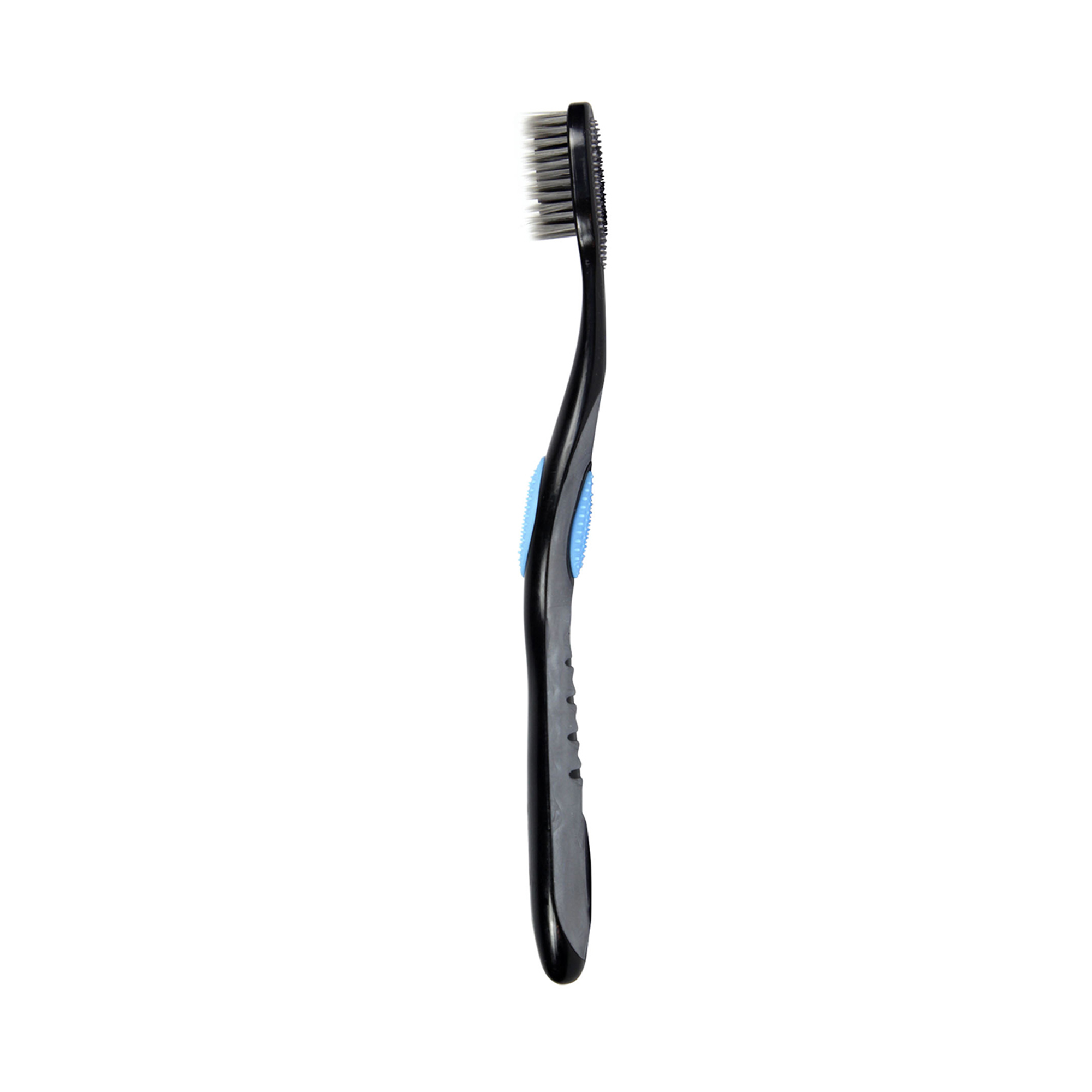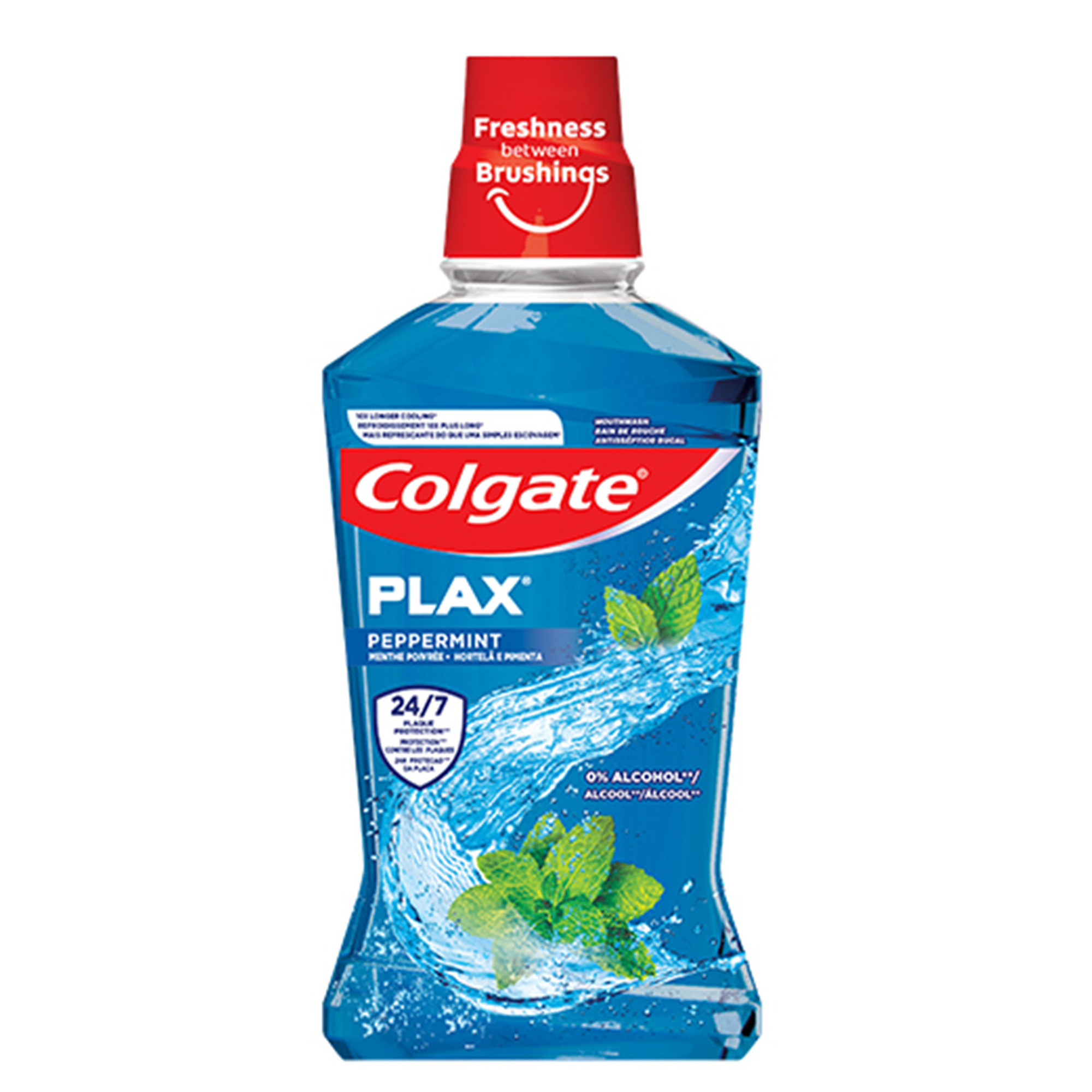X-RAYS
Your dentist visually examines all aspects of your teeth and gums during a typical checkup. A teeth X-ray, however, is a diagnostic tool that allows your dentist to gauge your mouth health through factors he can't see with the naked eye, according to the American Dental Association (ADA). Also called radiographs, X-rays can reveal common issues such as cavities, tooth decay and periodontal disease, all the way to more complex problems such as jaw infections and oral cysts. X-rays aren't just for adults though. Dentists take x-rays of children's teeth for some of the same reasons as adults but also some different reasons.
CHILDREN AND THE DENTIST
A dentist's goal is to help his patients, whether adult or child, exercise and maintain good oral health. Children need to understand that a trip to the dentist is a good thing. But some children have an irrational fear of visiting the dentist. That's where Mom and Dad come in. Parents.com has some tips you can help your child ease his fears about a dental check-up:
- Start bringing your child at a young age so that dental visits become common place. Once your youngster's teeth start to appear or by the time he turns one-year-old, whichever comes first, you should schedule his first check-up.
- Ask the dentist if you can bring your child by for a visit before the actual day of his appointment. This will provide a sense of comfort when he sees the surroundings and meets the staff.
- If your child is nervous or anxious during his exam, hold his hand. The reassurance he gets from mom or dad will help put him at ease.
- Schedule your child's appointments with the same hygienist. This will help your child develop a comfort level.
Reasons for Child Teeth X-Rays
Your little one might be wondering why teeth X-rays are necessary, especially if his baby teeth will eventually fall out. Some of the reasons for requiring X-rays differ from those if adults.
- Reveal how baby teeth erupt through a child's gums.
- Observe the number, size and location of teeth that have yet to erupt through the gums.
- Determine if your child has any extra or missing teeth.
- Identify existing infections in new teeth.
- Prepare for braces, if necessary.
X-Ray Safety for Children
Despite the small amount of radiation used in the contemporary X-ray, some parents might be hesitant to let their children undergo this exam. If you're concerned, you should feel free to say so to your child's dentist. Image Gently recommends the following to minimize radiation exposure to children:
- Leaded thyroid collars and aprons just like the ones used for adults.
- Take X-rays based on need as opposed to annual routines.
- Perform X-rays with exposure times suitable for children.
- Use the latest techniques and up-to-date equipment.
The best way to maintain a healthy mouth starts at home with toothpaste such as Colgate Total® Advanced. But when it's time for a checkup, a teeth X-ray serves a crucial role in helping your dentist provide the best possible care for patients like you. If you have any concerns, don't hesitate to discuss them with your dentist.
This article is intended to promote understanding of and knowledge about general oral health topics. It is not intended to be a substitute for professional advice, diagnosis or treatment. Always seek the advice of your dentist or other qualified healthcare provider with any questions you may have regarding a medical condition or treatment.
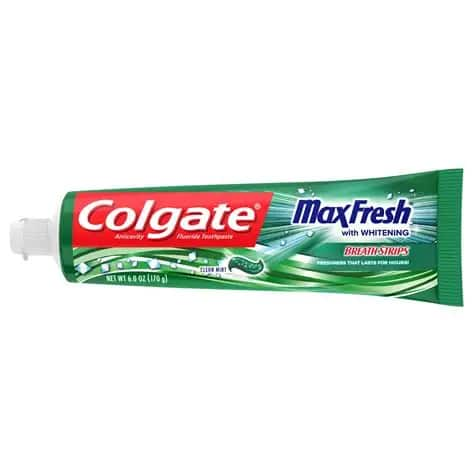
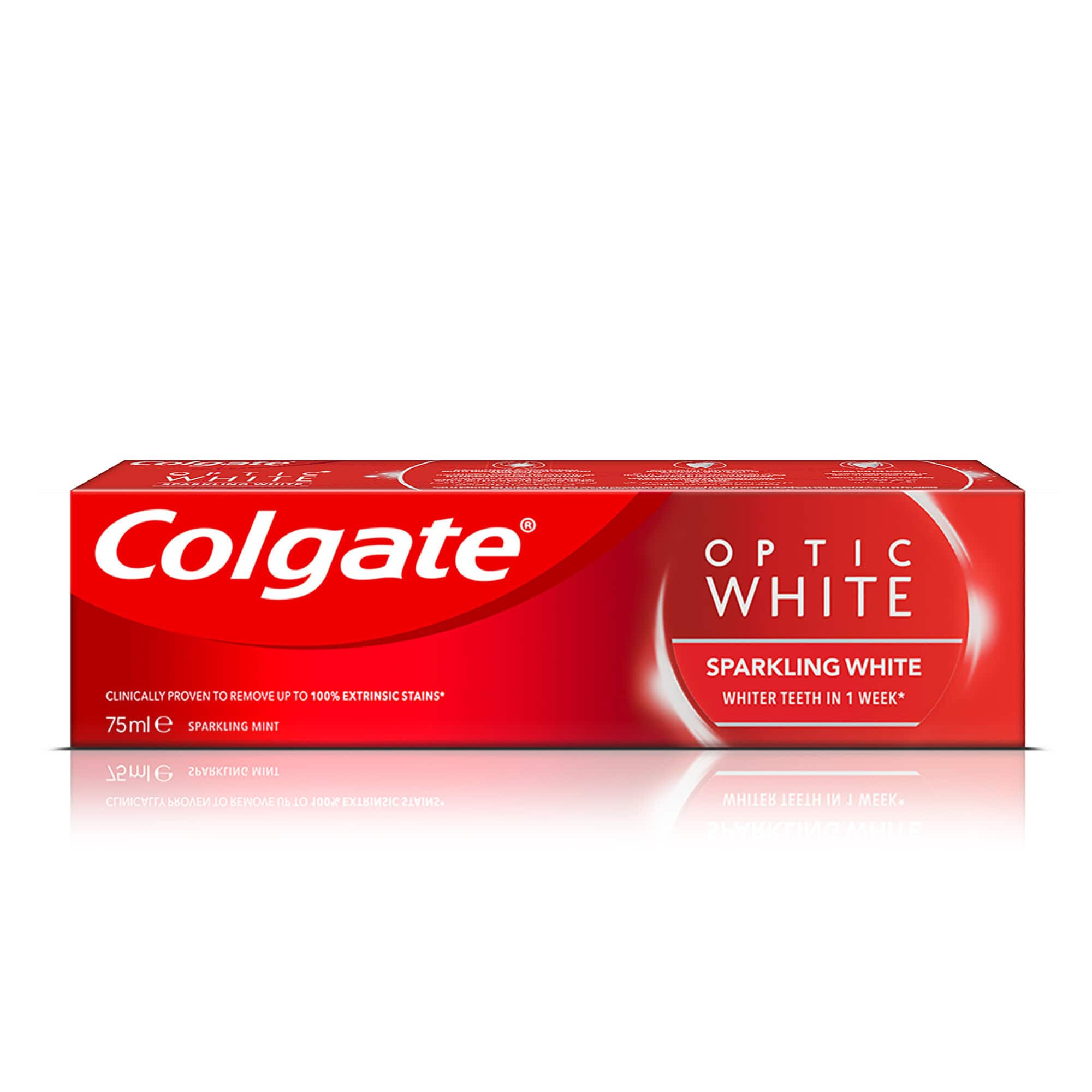
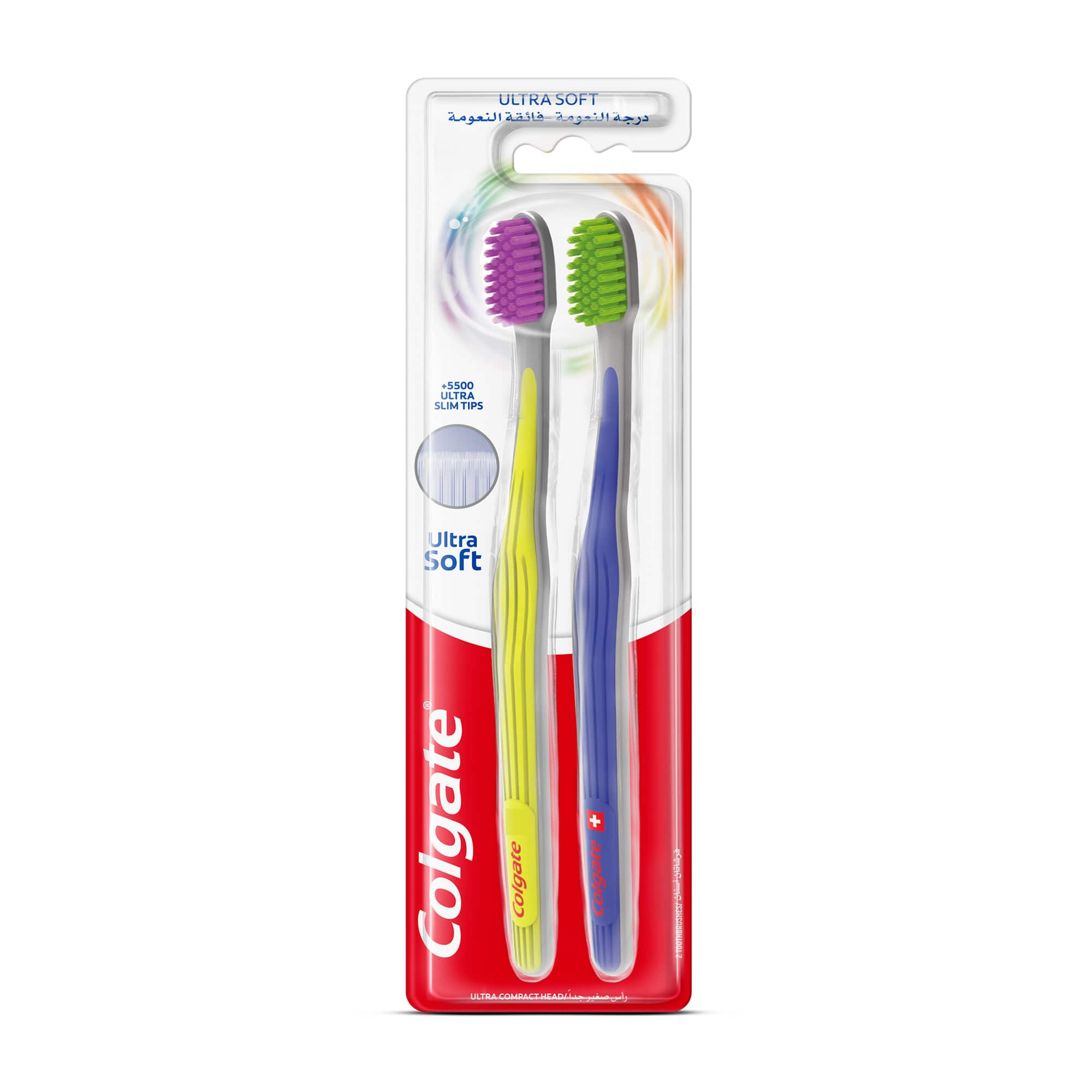


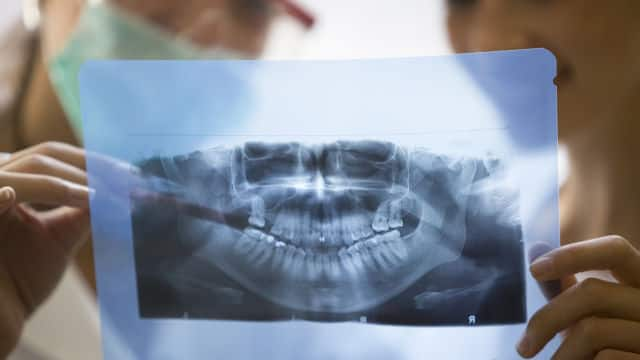
.jpg)


